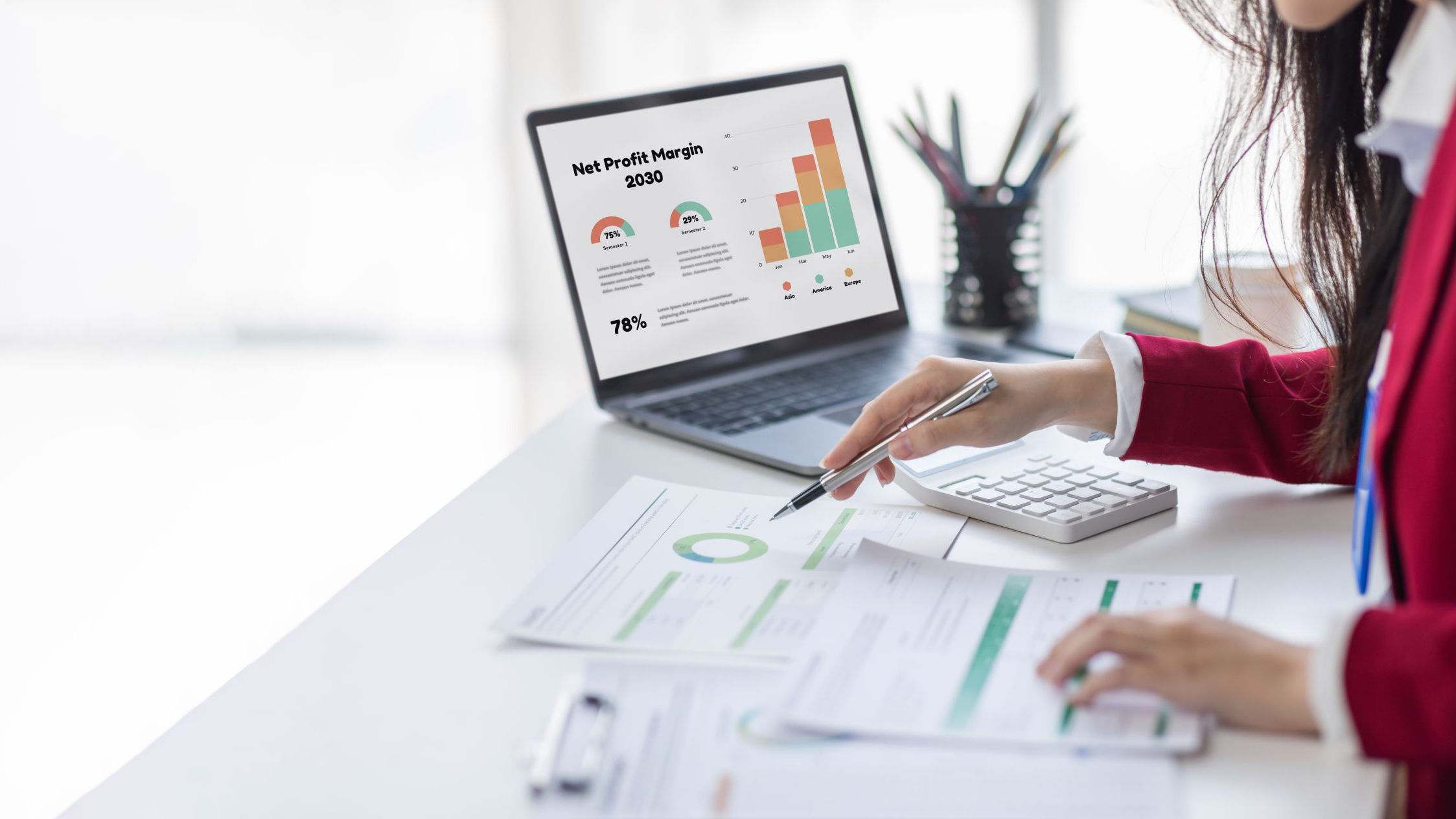In a hospitality industry marked by fierce competition and evolving consumer preferences, dynamic pricing has emerged as an indispensable strategy for success. This nuanced pricing approach, characterized by its responsiveness to market dynamics, plays a crucial role in enhancing key performance indicators (KPIs) for hotels.
NB: This is an article from Lybra, one of our Expert Partners
Subscribe to our weekly newsletter and stay up to date
In this article, we delve into the multifaceted impacts of dynamic pricing on hotel performance, culminating in an exploration of Lybra Assistant RMS, a cutting-edge tool designed to amplify these benefits.
Revolutionizing Revenue Management
Dynamic pricing stands at the forefront of modern revenue management. This strategy, which involves fluidly adjusting room rates based on real-time market data, enables hotels to capitalize on peak demand periods while attracting guests during slower times. By fine-tuning prices in response to factors like competitor rates, local events, and seasonal trends, hotels can significantly elevate their Revenue Per Available Room (RevPAR), striking an optimal balance between occupancy and rate levels.
Optimizing Occupancy Rates
Occupancy rates, a critical measure of success, are directly influenced by dynamic pricing. This strategy maintains higher occupancy rates by adapting to demand fluctuations. Lowering rates during off-peak periods not only fills rooms but also provides an opportunity to increase revenue from ancillary services such as spas, dining, and leisure activities, which are particularly profitable when a steady flow of guests is maintained.
Enhancing Guest Experience and Loyalty
Dynamic pricing, while fundamentally a revenue tool, also has a significant bearing on guest experience and loyalty. By offering rates that reflect current market value, hotels can enhance guest perceptions of fairness and value. This, in turn, fosters guest satisfaction and loyalty, leading to repeat visits and positive word-of-mouth referrals. In the long run, this strategy bolsters the hotel’s brand and strengthens its market position.
Dynamic Pricing: A Necessity, Not an Option
In the digital era, where market conditions change rapidly, dynamic pricing is no longer a luxury but a necessity for hotels. Static pricing models fail to capture the nuances of the market, often leading to missed opportunities and revenue leakage. Dynamic pricing enables hotels to remain agile and responsive, adapting to changes in demand and competitor actions swiftly. This agility is essential not only for survival but for thriving in a highly competitive and ever-changing market.





